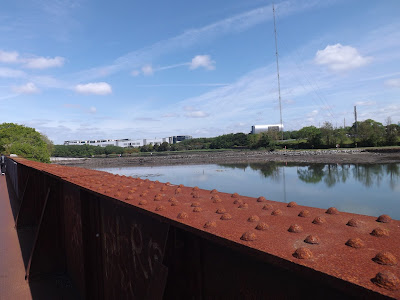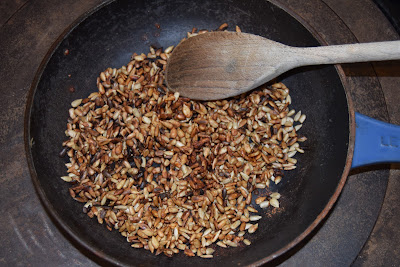61 / Planet Earth
A depressing conclusion drawn at the end
of Bill Bryson’s ‘A ShortHistory of NearlyEverything’ is that the human species is thoroughly unfit to be left
as custodian of the planet and all other species living on it: "if you
were designing a species to look after life in our lonely cosmos, to monitor
where it is going and keep a record of where it has been, you wouldn’t choose
human beings for the job".
We have a nasty knack of exterminating
other species – plants, insects, as well as animals. It has been
estimated (UN report 1995) that the total number of known extinctions in the
last four hundred years is around five hundred for animals, and around six
hundred and fifty for plants. But no one knows for certain what has
ceased to exist as a result of human activity – deliberate, or accidental. Bill
Bryson relates the immensely sad tale of the disappearance of the last
remaining flightless wren. A lighthouse keeper’s cat kept bringing dead
trophies of this little bird for approval to the lighthouse keeper. Not
recognising it, he sent off a specimen for identification to a local museum. A
curator there became very excited because this was the only known example ever
discovered anywhere of a bird that perched but did not fly. The curator
set out immediately for the lighthouse only to learn, when he arrived, that the
cat had caught and killed the last one. All that remains of the species
are twelve stuffed specimens in a display case.
A few days ago a billionaire entrepreneur
successfully rocketed into space one of his super-duper sports cars, with a
dummy wearing a space suit at the wheel. He views this as a further
step towards launching an ‘ark load’ of men, women and children towards Mars.
If there are any Martians reading this blog post my best advice is for you to
phone home urgently with a strong warning that the humans are coming.


